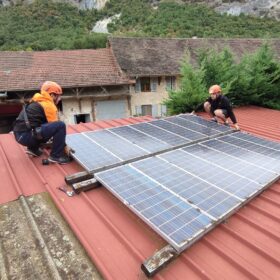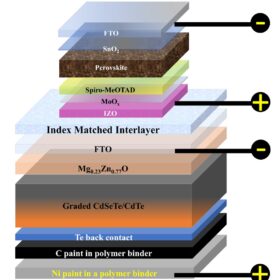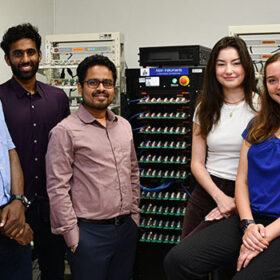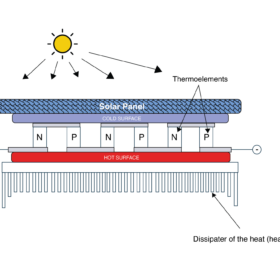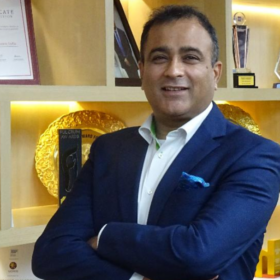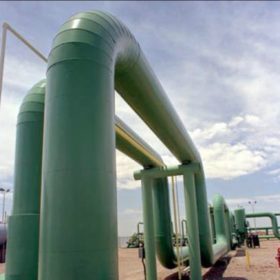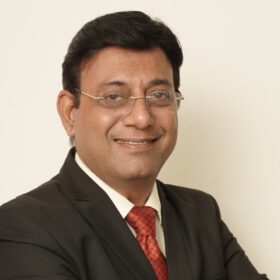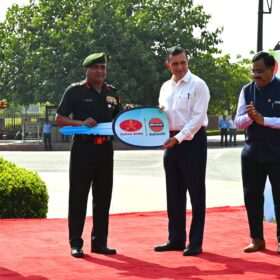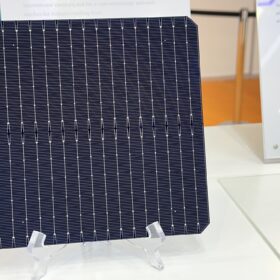Solar modules deployed in France in 1992 still provide 75.9% of original output power
New testing conducted at France’s oldest PV system have shown that its solar modules can still provide performance values in line with what the manufacturers promised.
BNEF Summit highlights sluggish trading of low-carbon hydrogen, derivatives
Analysts at the recent BNEF Summit in Munich discussed delays for hydrogen adoption in European countries, noting that locations are crucial for predicting which hydrogen production plans will proceed. Projects in areas with high amounts of renewables have an advantage.
Clean hydrogen boom by 2030, but targets remain elusive
The clean hydrogen market must navigate technological, political, and economic uncertainties to realise its full potential.
Perovskite-cadmium telluride tandem solar cell based on special electrode achieves 24.2% efficiency
An Indian-US research team has fabricated a four-terminal perovskite-cadmium telluride tandem solar cell by utilizing a highly conductive and sputtered transparent electrode to increase the current density of the bottom cell. The tandem device combines a 18.3%-efficient top perovskite cell and a 19.53%-efficient cadmium telluride bottom device.
Bringing lithium-sulfur batteries closer to commercialization
Researchers at the University of South Carolina have successfully transitioned their highly-durable lithium-sulfur battery technology from coin to pouch cells and reported competent energy densities.
Scientists claim PV systems combined with thermoelectric cooling may achieve 6-year payback time
Scientists in South Africa have modeled a photovoltaic system connected to a thermoelectric cooling device and have found it may produce around 9.2% more electricity than conventional PV system without cooling. The research team claims the proposed system guarantees a minimum cost saving of 10.56%.
Schneider Electric opens new campus in India
Spread across 6.3 lakh sq.ft. and built with an investment of INR 200 crore (EUR 22 million), the new campus in Bengaluru will host a global innovation hub, training center, R&D center, skill center and digital hub with a capacity to accommodate over 8,000 professionals.
The Hydrogen Stream: GAIL opens 10 MW green hydrogen plant
GAIL (India) Ltd, India’s largest natural gas company, has set up a green hydrogen plant that can produce 4.3 tonnes of hydrogen per day through 10 MW PEM (proton exchange membrane) electrolyzer units.
The role of renewable energy in achieving India’s net zero goals
The road to net-zero emissions in India doesn’t require herculean efforts. We can get there by wholeheartedly adopting renewables, investing in innovation and technology, and promoting public-private partnerships to build a better, cleaner, and more sustainable India for generations to come.
Indian Army receives hydrogen bus
The Indian Army has received a hydrogen fuel cell bus under its collaboration with Indian Oil Corp. Ltd (IOCL) for demonstration trials of this technology. The bus promises a mileage of 250-300 km on a full 30 kg onboard tank of hydrogen fuel.
